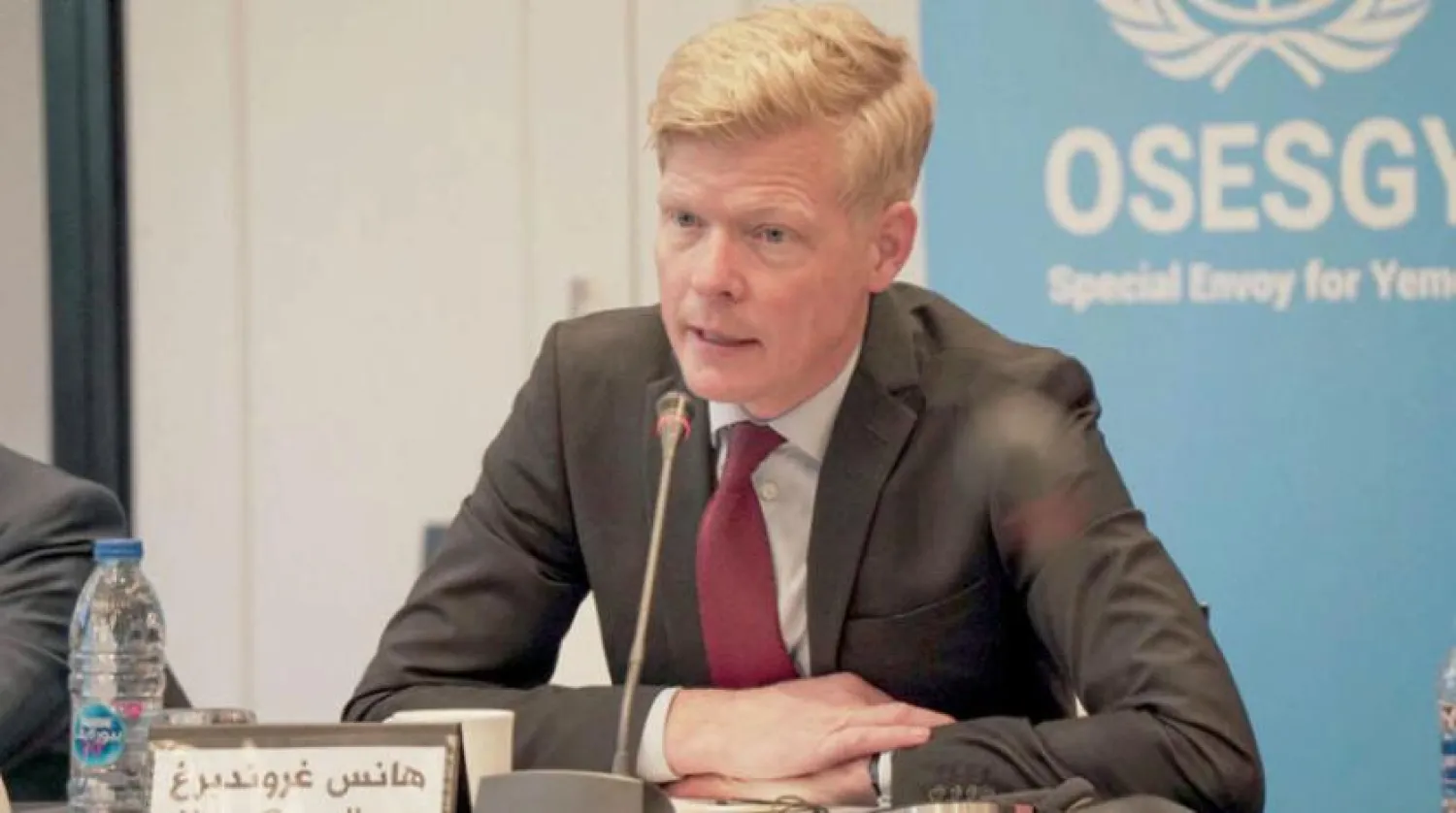The UN Special Envoy to Yemen, Hans Grundberg, said he is exploring options with the warring parties for immediate de-escalation measures to reduce violence in Yemen before Islam’s holy month of fasting, Ramadan.
The envoy’s efforts coincide with work to set the priorities of the multi-track political process’s plan, hoping that these consultations will be a “serious and organized start” for talks between Yemenis to end the war.
Grundberg’s pursued de-escalation measures could reduce violence, ease the fuel crisis, and improve freedom of movement.
“We need a concerted joint effort by Yemenis and the international community to break this never-ending cycle of violence and lay the foundation for a sustainable peace,” said Grundberg during his briefing of the situation in Yemen to the UN Security Council.
“In Taiz, the exchange of artillery shelling has again inflicted civilian casualties and damage to residential buildings,” he added, pointing out that “hostilities have also been reported in Saada and Al Dali governorates.”
“Airstrikes inside Yemen continue, this month primarily on frontlines in Marib and Hajjah,” noted the envoy.
“In Marib, Ansar Allah (Houthis) continues its offensive, which for over two years has caused enormous harm to civilians.”
“In Hodeidah’s southern districts, hostilities continue, with reports of civilian casualties including women and children.”
The United Nations Mission to Support the Hodeidah Agreement (UNMHA) is working to rebuild communication between the parties, re-establish avenues for de-escalation, and enhance the Mission’s monitoring of the ports while expanding its patrolling reach.
Grundberg stressed the need to maintain the civilian nature of the ports, which are a lifeline for millions of Yemenis.
“The violence also continues to spill into the region. On 21st of February this year, shrapnel from a drone intercepted over Jizan City’s King Abdullah Airport wounded 16 civilians,” added Grundberg.
“Through the ebbs and flows of the conflict, the fact remains that a military approach is not going to produce a sustainable solution,” he emphasized.









